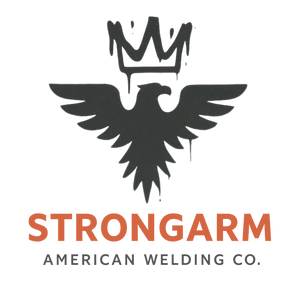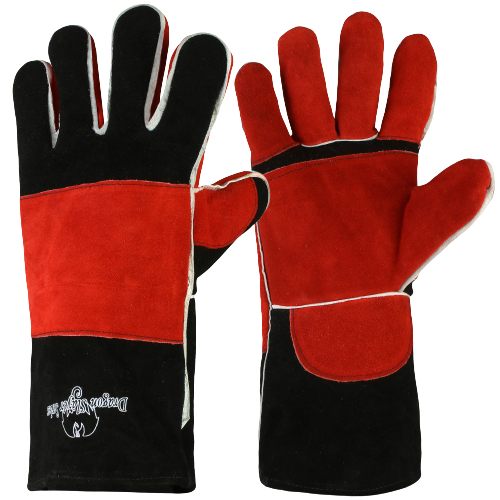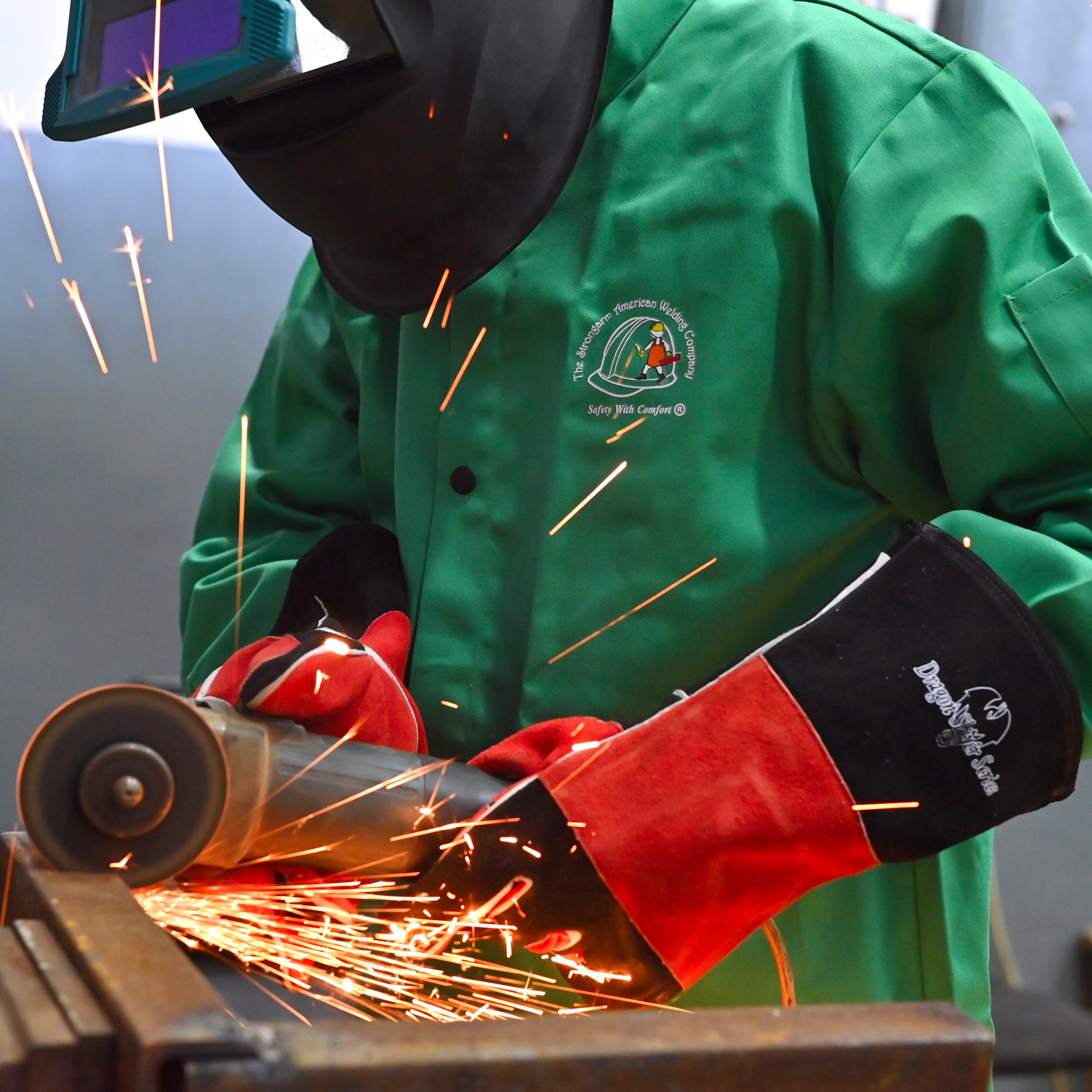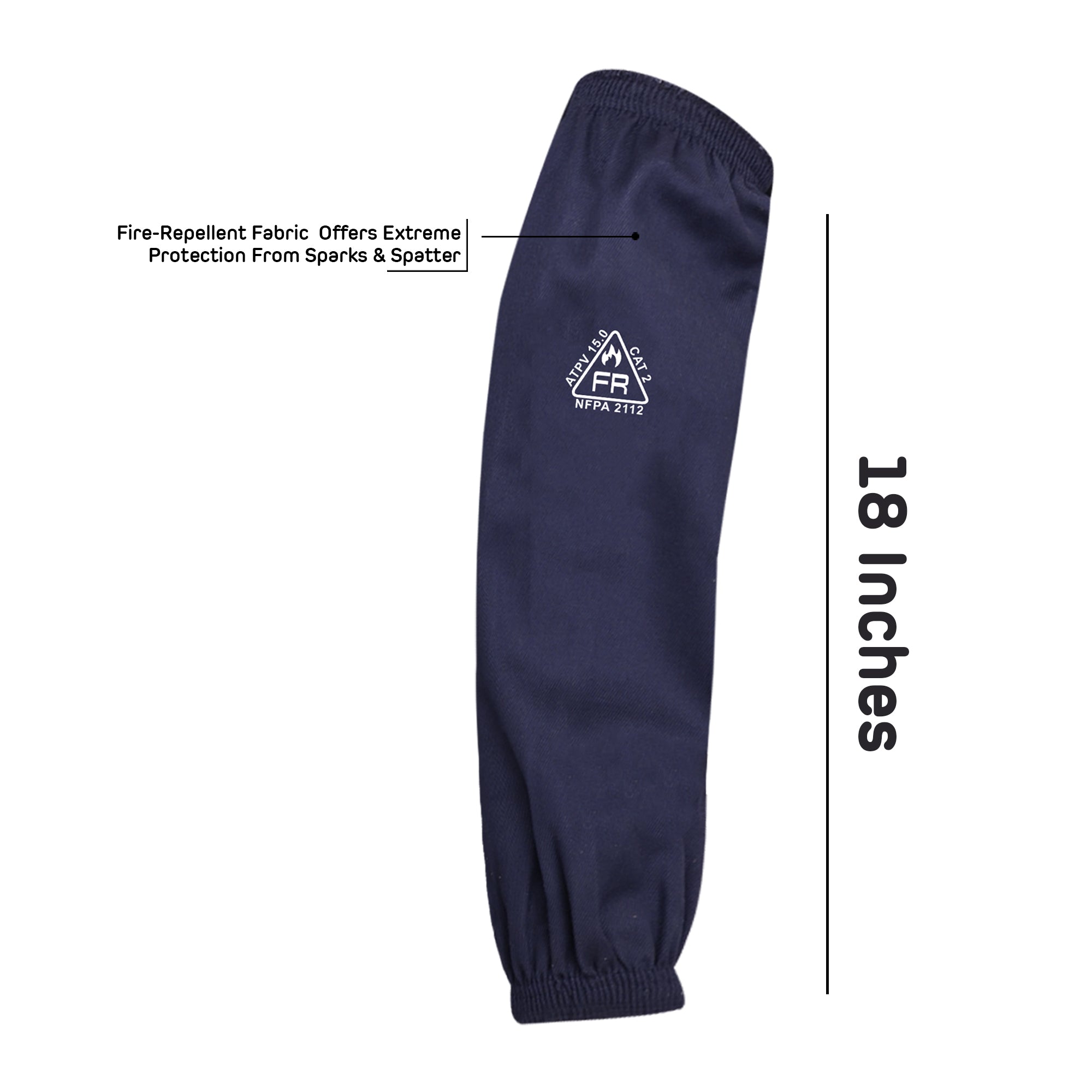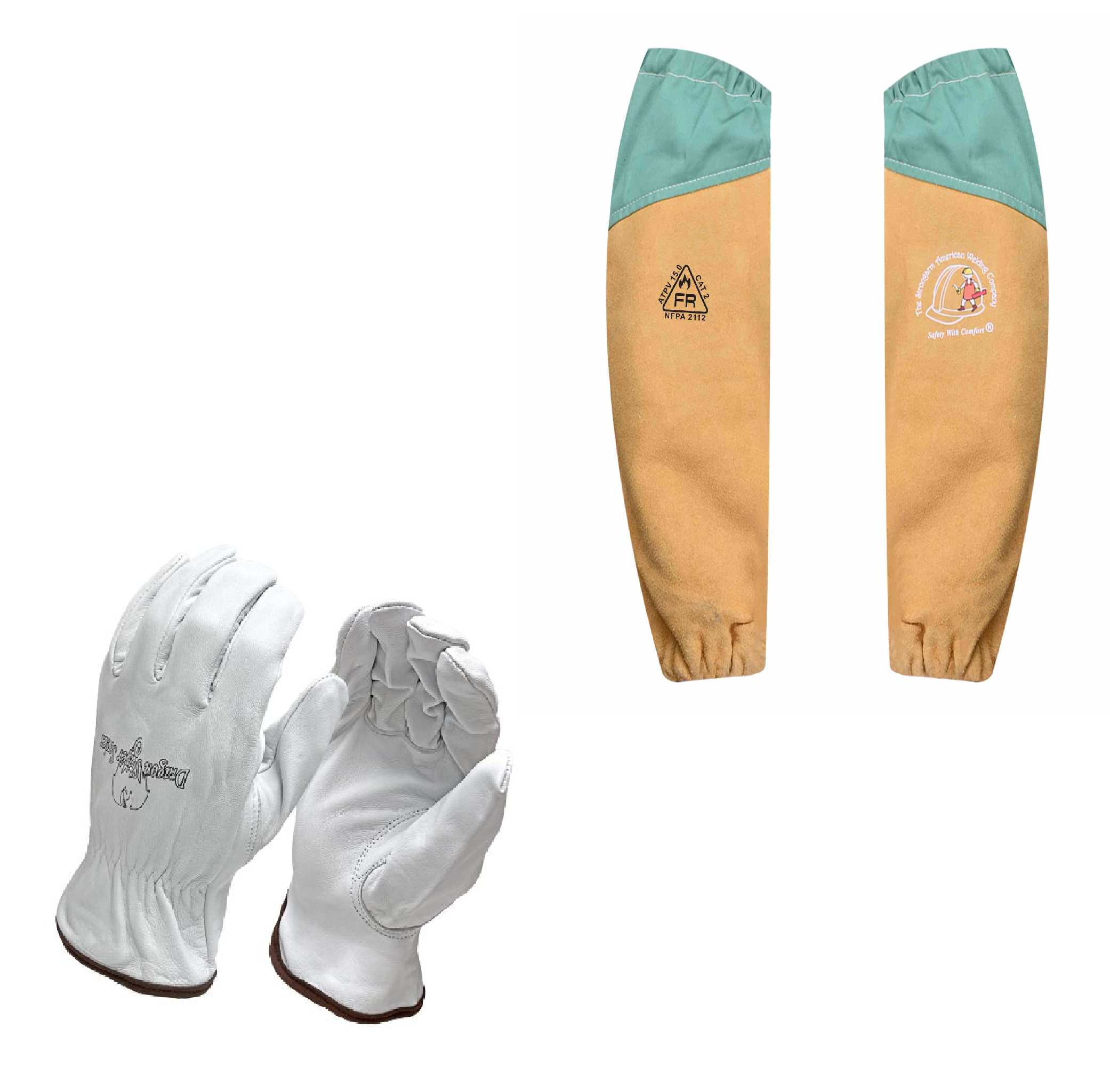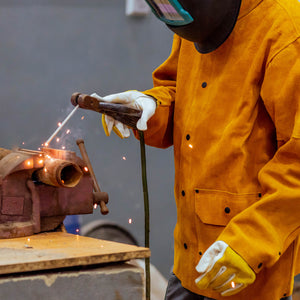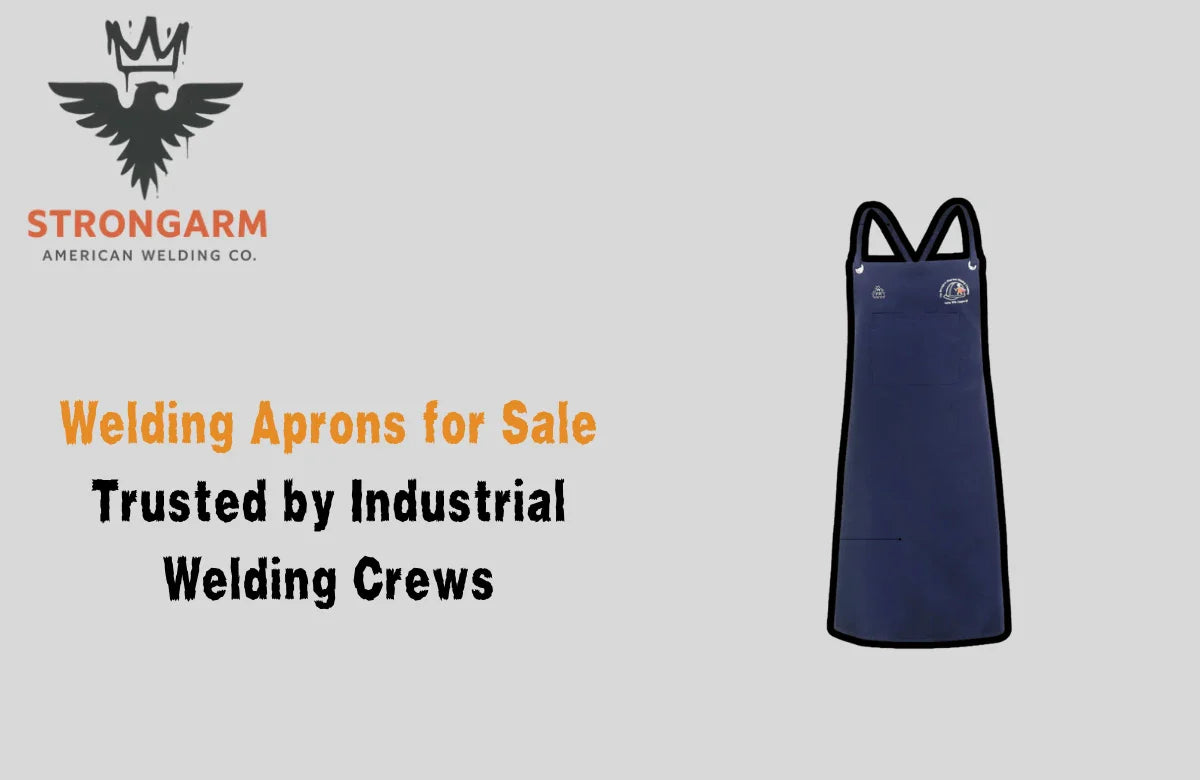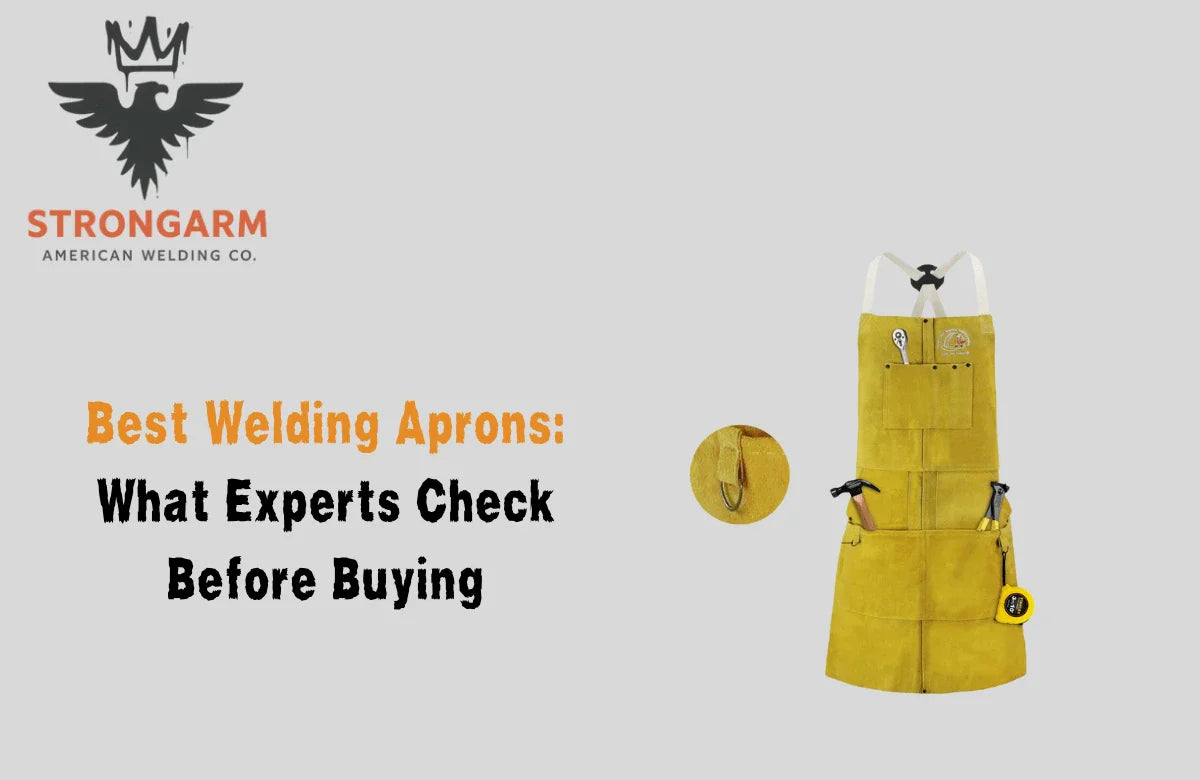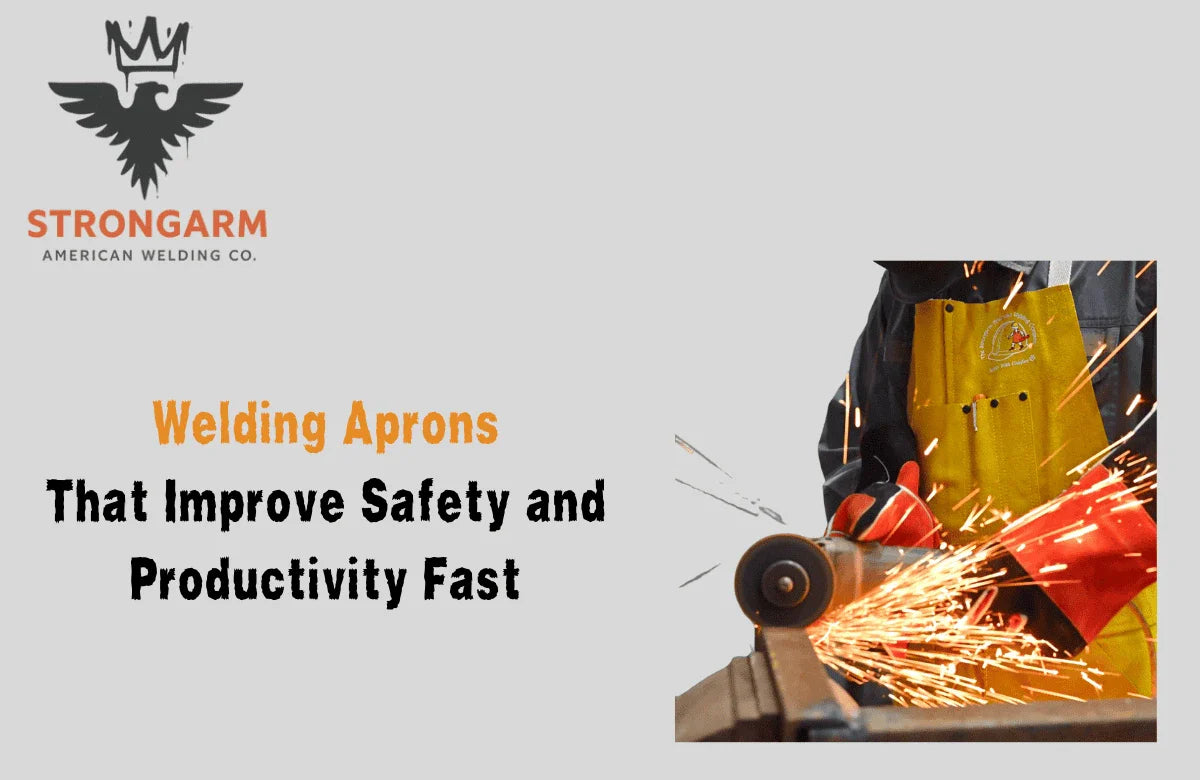Welding aprons is an essential safety gear for welders thus maintenance of these aprons is also crucial for durability and protection. Welding apron maintenance for leather aprons is important; special cleaners are used to clean them. In this blog, we’ll walk you through the tips for cleaning and maintaining welding aprons in their top-notch condition.
Welding Apron Care Tips
Regular care is essential for welding aprons for a high-quality and long-lasting piece. By following these welding apron care tips, you can extend the life of your apron and ensure it continues to serve as a valuable safety tool during your welding activities.
Cleaning of aprons depends on their material. For leather welding aprons a washing machine can’t be used. Leather welding aprons should be cleaned with a damp cloth.
On the other hand, materials such as flame-resistant heavy-duty cotton, denim, kevlar and polyester can be washed in a washing machine. Thus flame-resistant materials are known as an affordable choice for welders.
Most welding aprons are machine washable, but some materials cannot be washed in washing machines such as leather. Before using a leather welding apron, clean it thoroughly with a dry cloth. To remove stains of food or dust gently wipe it off with a damp cloth in lukewarm with a non-detergent soap for leather welding aprons.
Cotton and denim welding aprons can be easily washed in a washing machine. Before putting a flame-resistant apron in a washing machine remove any unwanted welding materials such as spatters or debris. It's important to always refer to the manufacturer's instructions for specific guidance.
Additionally, before every use identify the signs of wear and tear. Look out for small holes, cracks, or other damage. If you spot any damage, it's necessary to address it promptly. It could be dangerous to use a damaged apron for the welder's skin. A damaged apron also increases the chance of skin burns and other injuries. To keep the welder at the safe it is advised to replace the damaged apron as soon as possible.
How To Clean Leather Welding Aprons?
Leather welding aprons need more maintenance and care than other materials. It is crucial to take care of leather welding aprons to maintain their quality. To prevent the damaging of leather aprons these tips will help.
- Before using a leather apron clean it properly with a dry cloth
- After using a leather welding apron, remove any welding slag, spatter, or debris from the surface of the apron. For this purpose, you can use a brush with soft bristles and remove any unwanted residue.
- If there is a spot or stain on the apron, then only clean that part with a damp cloth dipped in lukewarm water.
- Avoid using harsh chemicals such as bleach or acetones, they will damage the leather and make cracks in the leather.
- Apply a leather conditioner to keep the leather supple and prevent it from cracking easily.
- After conditioning, allow the apron to dry naturally and avoid using any type of cloth to dry faster.
Maintenance Of Welding Apron
Welding apron maintenance is the hardest job for welders. Every welder can buy a high-quality welding apron but not everyone can maintain the quality same as it was. Maintenance of welding aprons is essential, to keep aprons protected and last long. Here are a few of the tips for maintaining the welding apron:
Protection From Harmful Chemicals
Avoid exposing your welding apron to chemicals or solvents. Chemicals can have a diverse effect on the fabric, compromising its protective qualities. If your apron does come into contact with any corrosive substances, clean it thoroughly as soon as possible. If you find any issues, address them wisely to ensure the apron remains in optimal condition.
Conditioning
It is important to condition welding aprons twice a month. Conditioning is only done on leather aprons such as deerskin, pig skin or elk skin welding aprons. Conditioning the welding aprons extends the life of your welding apron, maintains its effectiveness in protecting you during welding tasks, and ensures it remains a reliable part of your safety gear.
Hang It Up
Hanging your welding apron is the best way to store it, as it allows air circulation and prevents moisture buildup. It also allows it to maintain its shape and form. Hanging the welding apron is the best option to maintain its quality and ensures that it remains a reliable part of your safety gear for welding. Keep it away from any sharp objects or surfaces that could puncture the fabric for durability.
Extend The Life Of Welding Apron
For a long-lasting welding apron, a high-quality apron should be selected. Welding apron maintenance and deep cleaning will automatically expand the life of the apron itself. For the longevity of welding aprons, these tips will help you. The key to the durability of the welding apron is consistency in maintenance and cleaning.
Quality Aprons
The quality of the apron matters the most. Before buying a welding, quality should be the top priority as the rest of the factors of maintenance depend on it. It's advisable to invest in high-quality materials, such as leather or fire-resistant cotton. While these materials may come with a higher initial cost, they offer durability that will save you money in the long run.
Avoid Excessive Heat
Although welding aprons are designed to withstand high temperatures, prolonged exposures may become uncomfortable for welders. To extend the life of your apron, avoid leaning against hot surfaces for extended periods.
Proper Storage
When not in use, store it in a cool, dry place away from direct sunlight. Hanging it on a hook or hanger is the recommended storage method. This helps the apron to maintain its shape and last long. Proper storage for a welding apron is a key step in maximizing the lifespan of your welding apron.
Advantages Of Welding Aprons
Protection from Sparks and Heat: Welding aprons are designed to shield the welders from sparks and heat generated during welding processes and act as a barrier between the welder's body and potential hazards
Safety: The primary advantage of welding aprons is safety. They are an essential piece of personal protective equipment (PPE) for welders, helping to prevent accidents and injuries in the workplace.
Comfort: Modern welding aprons are designed with comfort in mind. They are typically adjustable to fit different body sizes and shapes, ensuring that welders can work comfortably for extended periods.
Durability: Welding aprons are constructed from durable materials like leather or fire-resistant cotton, which are known for their toughness.
Longevity: Due to their robust construction, welding aprons have a relatively long lifespan. With proper care and maintenance, they can last for many years, making them a cost-effective investment for welders.
Versatility: Welding aprons are versatile and suitable for various welding techniques, including MIG, TIG, and stick welding.
Multiple Pockets: Many welding aprons feature multiple pockets allowing welders to carry essential tools and accessories conveniently.
Easy to Clean: Welding aprons are designed to be easy to clean. Most can be wiped down or washed to remove dirt, debris, and welding residues, ensuring that they remain in good condition.
Conclusion
Proper care and maintenance of your welding apron are essential for safety and longevity. By following these guidelines, it can ensure that the welding apron continues to provide the protection a welder needs during welding projects. Remember, a well-maintained welding apron is a crucial part of any welder's safety gear.
